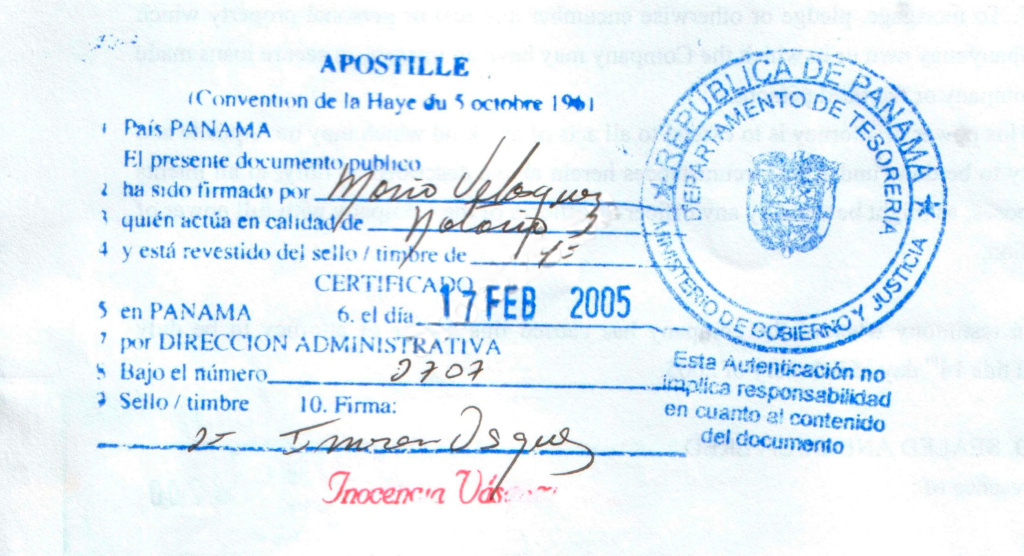Apostilles
These days just about everybody runs into a situation where they have to certify documents in order to complete a particular task that they're looking to do in another country, whether that be for a short-term leave, education, work, moving to live in a new residence in another country permanently, etc.
There exist two main types of document certification. One is having an “Apostille” stamped and the other is consular certification. Choosing the type of certification in each specific case depends on the country for which the document is needed, in other words - the country the official authorities of which is the document's end destination.
Receiving apostille stamps
An apostille is a special stamp, which according to the Gaag Convention on eliminating requirements for certifying foreign official documents held on October, 5 1961 (going into effect in the Russian Federation May 31, 1992) is placed on official documents (sometimes the given procedure is also referred to as “simplified certification” or “apostilling”) issued by institutions or organizations of countries that are participants of the Convention and shall not require any further certification or legalization. Apostilles are recognized by the official authorities of all governments participating in the Gaag Convention.
Such a procedure is referred to as simplified because, on one hand, placing an “Apostille” is implemented over a significantly shorter period of time and by one sole authorized body and, on the other hand, the document acquires legal force on the territory of all countries that are members of the Gaag Convention.
However, if the country for which you are preparing a document does not happen to be a member of the Gaag Convention, you are going to need consular certification. This is a more complex procedure, which entails certification of the document in the Ministry of Justice of the Russian Federation, the Consular Services Department of the Ministry of Internal Affairs of the Russian Federation, and then in the consulate of the destination country, located on the territory of the Russian Federation. Meanwhile, this document will have legal force only on the territory of the country the consular certification for which it has obtained.
However, many countries that are not participants of the Gaag Convention nevertheless require that you present the documents to them containing an Apostille stamp in an array of situations.
In all cases, the most important source of correct information as to the requirements on processing the document you are to present is the organization to which you are submitting the document.ing the document.

Other articles on the topic
View articles





